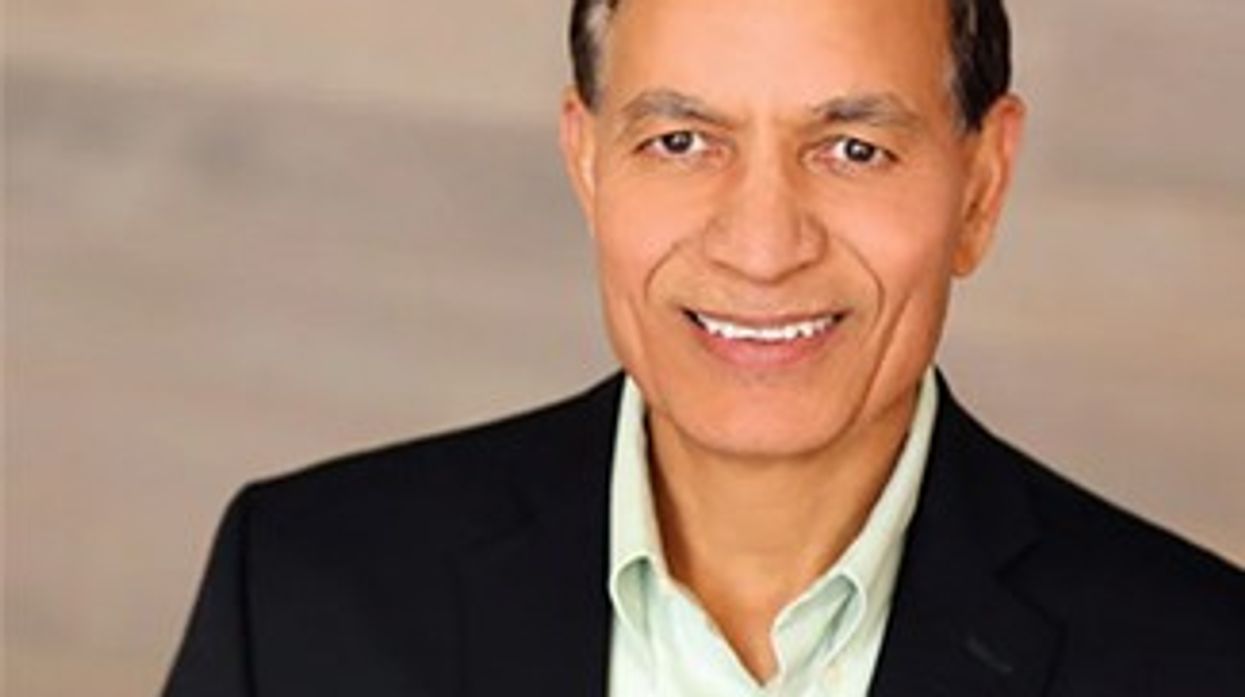INDIA is playing a very critical role in the IT sector and Indians are helping the world find solutions to global problems, the CEO of a top American cloud security company has said.
Jay Chaudhury, CEO and founder of San Jose-based Zscaler also said the Modi government is playing a very good role in creating a tech-friendly environment in India.
“I think the Indian government, especially under (Narendra) Modi, is already playing a very good role (in creating a tech-friendly environment in India,” Chaudhury said.
“In fact, when I started Zscaler, I opened my office in Bangalore for Zscaler before I opened the offices in Silicon Valley."
“Today about 40 per cent of employees are in India. A lot of core development is done in Bangalore, Chandigarh, Pune, and Hyderabad. Brilliant people. You just have to work hard to find them. Once you do, they do a great job, very cost-effective, very driven, very passionate,” he said in response to a question.
He said, “India is playing a very critical role in the IT sector and Indians are helping the world find solutions to global problems.
“You go to any large high-tech company, it may be Zscaler or Microsoft or Google, Indians are in every level from software developments to managers, through directors to CEOs and the like."
Chaudhury added, “So, we are playing a very important role. I'm very proud of it. That's because Indians come with a mathematical mindset. We have grades in schools. Some of the top schools are very good and people are hardworking. They're passionate because they want to get out there and make a difference."
According to him, India is yet to catch up in the area of building software companies in India that can sell in every part of the world.
“I think the IT sector that started with system integrators like Wipro and Infosys has done extremely well. The next phase is still early. There are lots of good opportunities. We're seeing investments going there. I think it's bound to happen, but it's still at an early stage,” he said.
“The lesson I think Indian entrepreneurs could take is that when they build these products, they need to keep the Western world in mind first. If you can be successful in selling in America and Europe, you can build a very large company. That's how Israelis do it. Israel is doing an extremely good job in building software in Israel and selling that in the rest of the world. That's the area where Indians can improve it,” Chaudhary said.
“The first thing the Indian government should do is get out of the way of entrepreneurs. We do that very well. There was a time when they used to be licensed raj, license for everything. It's by and large gone. I think India is helping set up collaborations. I see in the hardware area, whether it is Apple or it's Samsung, some of those high-tech companies are being set up. They create an ecosystem of companies that help learn and evolve the ecosystem. I think it's good."
He added, “What we need to do overall, is probably provide a little bit of more mentorship for Indian companies. The Indian companies need to start leveraging some of the US connections to understand how to successfully sell software solutions you build in India for the entire world.
"There's some work to be done. I don't think the government needs to do a whole lot more. I think organisations like TiE can play a big role and they're doing some good job in the area."
(PTI)





